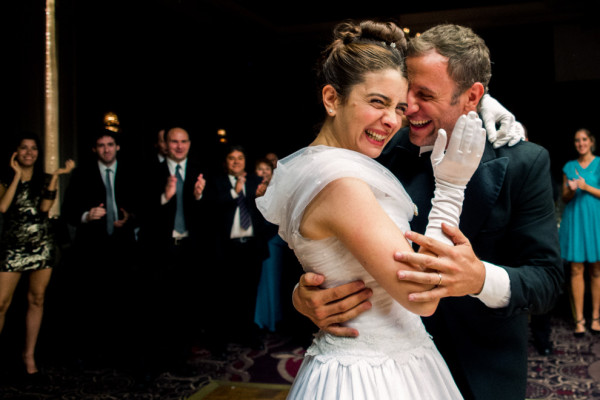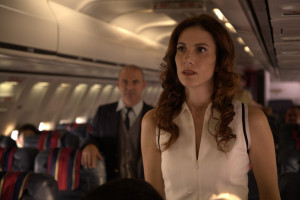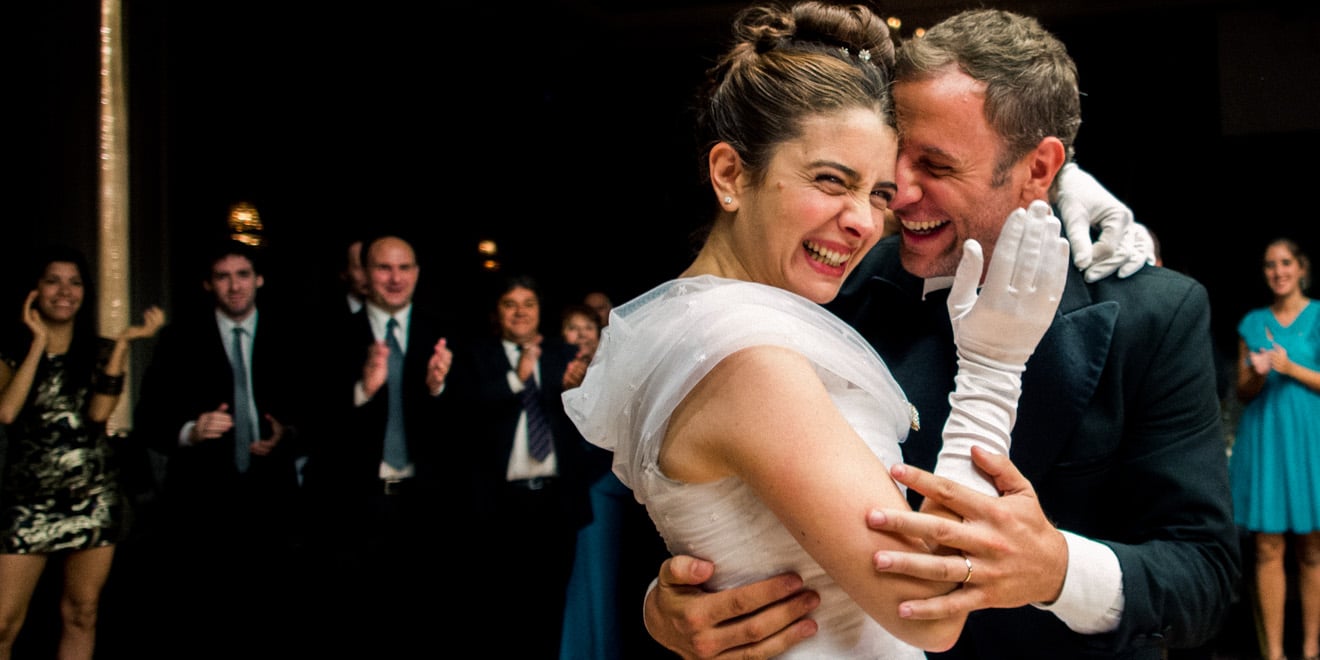
Is revenge really a dish best served cold? Writer-director Damián Szifrón offers a profoundly entertaining case for the hilarity of vengeance in his 2014 film anthology, “Wild Tales.” Nominated for the Oscars Best Foreign Language Film category, the Argentine feature consists of six standalone shorts connected by common undertones of anger, violence and revenge. Shrewdly written and masterfully assembled, the compilation glorifies the marked boundaries of human forbearance and self-control. Through its unique narrative style and superb acting, “Wild Tales” highlights the oft-forgotten relevance of cathartic experiences within everyday life. The “undeniable pleasure of losing control” — in the words of Szifrón himself — lies at the crux of the film, reminding viewers of the power in going wild.
In terms of subject matter, the six shorts do not share any similarities. The first, titled “Pasternak” and set on a plane, chronicles passengers’ dismayed realizations of having rebuffed — within personal or professional contexts — the aircraft’s pilot. Immediately thereafter, “The Rats” amplifies a young girl’s intimate crisis when deciding whether or not to kill a past enemy. “Road to Hell” explores two men’s physical and psychological torment of one another, while “Bombita” navigates through an engineer’s hapless association with the law. What proves to be the weakest short, “The Deal,” exposes a privileged family’s attempts to cover up its eldest son’s wrongdoings. The icing on the cake is, appropriately, “Til Death Do Us Part,” a story about a pair of newlyweds who grow erratic as soon as they discover a series of unthinkable secrets.

As a whole, the anthology owes its zaniness and mirth to Szifrón’s writing aptitude; through the use of absurd chance, he emphasizes the self-contained shorts’ exploration of unforgiving insanity. Even though their plotlines are vastly distinct, the shorts flow smoothly from one to the next. They are narrative powerhouses in and of themselves, equipped with micro-moments of climatic intensity throughout. In “Pasternak,” an unending series of fortuitous meetings on a flight — wherein a model, a music critic, an elderly teacher and other travelers spontaneously discover they were once connected to the same man — keeps viewers on edge. Similarly, in “Road to Hell,” spectators are tricked, time and again, to believe that two unhinged men have reached their limits of endurance as they push each other’s buttons. By incorporating elements of surprise and coincidence in his shorts’ narrative arcs, tension — an essential component in any extravaganza — is fostered and strengthened.
By way of the film’s stellar performances, “Wild Tales” also exhibits the distinguished attributes of a well-orchestrated black comedy. The acting — moving from guileless and open to urgent and embellished in mere seconds — provides a humorous space for much-needed relief. This artistic choice positions Szifrón’s treatment of frustration and vindictiveness on a relatable platform for viewers, as it twists dark and brooding nuance into an unambiguous commentary on the essential nature of human behavior. Furthermore, numerous characters, such as Romina (Érica Rivas), the bride in “Til Death Do Us Part,” dramatically evolve on screen, allowing the audience to appreciate the extent to which their worlds are turned inside out. Truth be told, the performances often veer into the sensational; yet, there is a certain charm in appreciating life’s tendency to meander into the humorously disastrous.
Extreme acts of mental escape — such as fervently smashing a windshield, like Mario (Walter Donado) from “Road to Hell” does — are certainly not ubiquitous. Similar practices are, in fact, rarely heard of. Yet, who is to say they are not necessary for some, at least once in a blue moon? In “Wild Tales,” frustrations and acts of willful destruction are the rule of law. In recognizing that revenge seeps across individuals of all ages, shapes and backgrounds, Szifrón creates a rich and full-bodied interpretation of a single motif — the intrinsic satisfaction in deliberate retaliation — while experimenting with different human outlooks and perspectives. More notably, he does so in a phenomenally comical way, often moving viewers’ laughter closer to indignant tears.
“Wild Tales” opens March 6 at the Landmark Embarcadero in San Francisco, the Landmark Shattuck in Berkeley, the Christopher B. Smith Rafael Film Center in San Rafael and Camera 3 in San Jose. “Wild Tales” opens March 13 at the Nickelodeon in Santa Cruz.
Contact Ena Alvarado at enaalva ‘at’ stanford.edu
